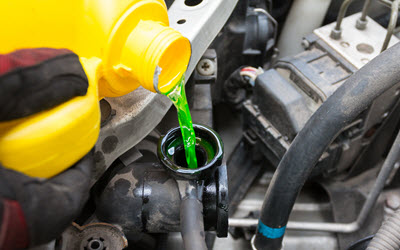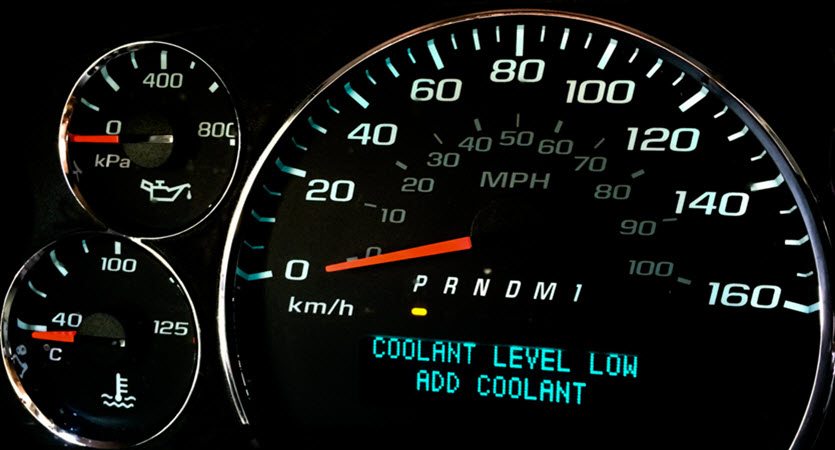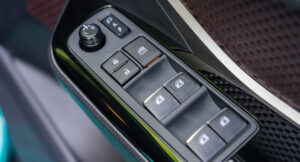Saab is a Swedish car company that was founded in 1945. The company has a long history of producing quality vehicles, and today it offers a range of stylish and practical cars. One of the main reasons people buy Saabs is for their safety features. Saabs are known for their strong construction and advanced safety systems, which have earned them a reputation as one of the safest car brands on the market. In addition to safety, people also appreciate the comfort and luxury that Saabs offer. With their spacious interiors and top-of-the-line materials, Saabs provide an enjoyable driving experience. People also choose Saabs because of their environmental friendliness. Many models offer excellent fuel economy, and some even run on biofuels. For all these reasons, it’s not surprising that people increasingly turn to Saab when they are looking for a new car.
When you invest in a Saab, you want to make sure you’re taking care of it so that it can be a reliable vehicle for as long as possible. With that in mind, it’s important to ensure your cooling system is working properly, as it is so integral to the health of your engine.
What is coolant?
Engine coolant, sometimes called antifreeze, is a liquid solution that helps to keep your car engine from overheating. In addition to water, engine coolant contains Ethylene glycol or propylene glycol, both of which help to prevent corrosion and protect against freezing. When used properly, engine coolant can prolong the life of your car engine by protecting it from extreme temperatures.
In hot weather, engine coolant helps to prevent overheating by transferring heat away from the engine. In cold weather, it helps to keep the engine from freezing by raising the freezing point of the water. Because of its importance, it is important to check your car’s coolant level regularly and to have it flushed and replaced according to the manufacturer’s recommendations.
Coolant Leaks
A coolant leak can have a variety of causes, but the most common is a problem with the radiator. Radiators are designed to keep the engine cool by circulating coolant through the engine block. Over time, however, radiators can develop leaks. These leaks can be caused by corrosion or physical damage to the radiator. In some cases, a faulty radiator cap can also cause a coolant leak. If the pressure in the radiator is too high, coolant can escape through the cap.
Coolant leaks can also be caused by problems with the water pump or thermostat housing. These components are responsible for moving coolant through the system, and any leaks in them can result in coolant being lost. In rare cases, a head gasket leak can also cause a coolant leak. The head gasket seals the cylinder head to the engine block, and if it fails, coolant can enter the cylinders and be expelled through the exhaust system.
Consequences of Low Coolant
A coolant leak can have a number of consequences for your vehicle. First, it can lead to engine overheating. If the coolant level gets too low, the engine will not be able to properly regulate its temperature, leading to overheating and potentially serious damage. Second, a coolant leak can cause engine corrosion. Coolant is acidic, and over time it can eat away at engine parts, causing them to break down and fail. Third, a coolant leak can lead to engine fires. If the coolant comes into contact with hot engine parts, it can ignite, causing a fire that can quickly spread throughout the engine compartment. Finally, a coolant leak can cause environmental damage. When leaked onto the ground, coolant can pollute soil and groundwater. For these reasons, it is important to have any coolant leaks fixed as soon as possible.
Come to Swedish Auto Service
If you suspect your Saab has developed a coolant  leak, it is important to have a skilled mechanic look at it as soon as possible. At Swedish Auto Services, we specialize in Swedish vehicles and would be happy to help with your Saab. If you live in or around Cedar Park, Round Rock, Leander, or Austin, TX, call or stop by today to learn more about how we can help keep your Saab’s cooling system in peak condition.
leak, it is important to have a skilled mechanic look at it as soon as possible. At Swedish Auto Services, we specialize in Swedish vehicles and would be happy to help with your Saab. If you live in or around Cedar Park, Round Rock, Leander, or Austin, TX, call or stop by today to learn more about how we can help keep your Saab’s cooling system in peak condition.





